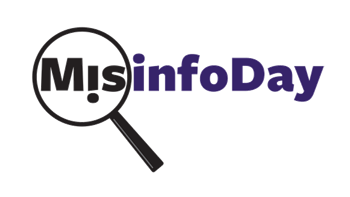In a recent piece examining the challenges the nation faces with misinformation, New York Times contributing opinion writer Timothy Egan detailed “three things we could do now to clean up the river of falsities poisoning our democracy,” citing the good that misinformation awareness programs like MisinfoDay, co-presented by the University of Washington’s Center for an Informed Public and Washington State University’s Edward R. Murrow College of Communication, can do not only for children, but their parents and grandparents, too.
Egan wrote in The New York Times:
First, teach your parents well. Facebook users over the age of 65 are far more likely to post articles from fake news sites than people under the age of 30, according to multiple studies.
Certainly, the “I don’t know it for a fact, I just know it’s true” sentiment, as the Bill Maher segment has it, is not limited to seniors. But too many older people lack the skills to detect a viral falsity.
That’s where the kids come in. March 18 was “MisinfoDay” in many Washington State high schools. On that day, students were taught how to spot a lie — training they could share with their parents and grandparents.
Media literacy classes have been around for a while. No one should graduate from high school without being equipped with the tools to recognize bogus information. It’s like elementary civics. By extension, we should encourage the informed young to pass this on to their misinformed elders.
More than 1,000 middle and high school students, teachers and librarians from Washington state and across the nation participated in this year’s virtual MisinfoDay, which started at the UW Information School in 2019 and is now organized and co-hosted by UW’s CIP and WSU’s Murrow College.
Although the COVID-19 pandemic scuttled plans for an in-person MisinfoDay at the University of Washington in 2020, educators at Ballard High School in Seattle tested out their own MisinfoNight educational program for students and their parents in May and October.
“It was fascinating to me how quickly anyone (kids and adults alike) can get entangled in a web of misinformation,” Ballard High School parent Marrianne Holec said in an interview last fall. “I also really appreciated the opportunity for my child to not only collaborate with folks at UW, but to also be the teacher and for me to be her student.”
Learn more about MisinfoDay



